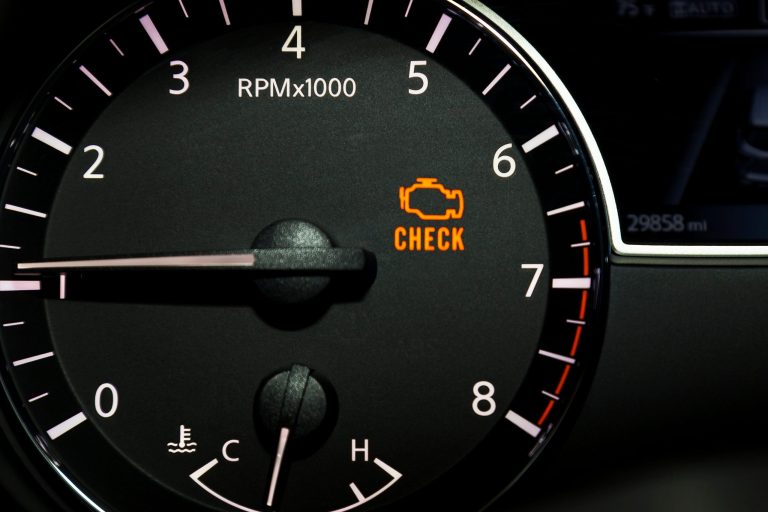Lemon Law

Lemon Law (Codes)
Lemon Law Codes: Understanding Your Rights as a Consumer
When you purchase or lease a vehicle, you expect it to be reliable and free from major defects. Unfortunately, not all cars live up to these expectations, and some may turn out to be lemons (vehicles with persistent and substantial defects). To protect consumers from such situations, Lemon Laws have been enacted in many jurisdictions. These Lemon Laws provide legal remedies to consumers who find themselves stuck with defective vehicles. Learn about Lemon Law codes to help you understand your rights as a consumer and how to seek recourse if you find yourself with a lemon car. California lemon law is governed by the Song-Beverly Consumer Warranty Act 1790 et seq.
What are Lemon Law Codes?
Lemon Law codes, also known as Lemon Law statutes, are specific sections of legislation that outline the rights and remedies available to consumers who have purchased or leased defective vehicles. These codes vary from state to state and country to country, but they generally provide guidelines on how to determine if a vehicle is a lemon and what steps a consumer can take to seek compensation or relief.
Determining Lemon Status
One key aspect of Lemon Law codes is establishing the criteria for a vehicle to be considered a lemon. While specific definitions may vary, there are generally three main elements that must be met:
- Defects: The vehicle must have a substantial defect or a series of defects that significantly impair its use, value, or safety. These defects should be covered by the manufacturer’s warranty and unable to be repaired effectively.
- Attempts at Repair: The manufacturer or authorized repair facility must have made a reasonable number of attempts to repair the defects. The number of attempts and the duration of repair attempts may vary based on the jurisdiction.
- Timeframe: To qualify under California lemon law, one important timeframe to remember is the duration of your car’s manufacturer warranty. This means you need to take your vehicle to the dealership for repairs at least two times during the warranty period. Additionally, the statute of limitations for filing a lemon law claim is generally 4 years from the vehicle’s original delivery date to the buyer or lessee. It’s worth noting that the clock doesn’t always start ticking from the moment of purchase or lease. Instead, it begins when you reasonably discover the defect, which is when the defect becomes noticeable.
Remedies and Relief for the Consumer
If a vehicle is determined to be a lemon under the Lemon Law codes, consumers are entitled to certain remedies and relief. Again, the specific remedies may vary based on the jurisdiction, but some common options include:
- Refund or Replacement: Consumers may be eligible for a full refund of the purchase or lease price of the vehicle, including any associated fees and taxes. Alternatively, they may have the option to receive a replacement vehicle of equal value.
- Compensation for Damages: In addition to a refund or replacement, Lemon Law codes may allow consumers to seek compensation for additional damages suffered, such as towing expenses, rental car costs, and other out-of-pocket expenses related to the lemon vehicle.
- Legal Fees: Many Lemon Law codes stipulate that if a consumer successfully proves their case and is awarded compensation, the manufacturer or dealer must also cover their reasonable attorney fees and legal costs.
Taking Action on a Lemon Car
If you believe you have a lemon vehicle and wish to take action, it’s essential to understand and follow the Lemon Law codes in your jurisdiction. Here are some steps to consider:
- Keep Detailed Records: Maintain thorough documentation of all repairs, including dates, descriptions of defects, invoices, and any communication with the manufacturer or dealer. These records will strengthen your case. Also, if you can do so safely, take a video/photo of the problems you are experiencing with your vehicle and provide that to the dealership at time of repair.
- Consult with a Lemon Law Attorney: Engage the services of an experienced Lemon Law attorney who specializes in handling lemon car cases. They will guide you through the process, protect your rights, and represent your interests effectively.
- Initiate Legal Proceedings, if Necessary: If the manufacturer or dealer fails to resolve the issue or refuses to comply with the Lemon Law requirements, your attorney can help you file a formal complaint or initiate legal proceedings. This may involve filing a lawsuit against the manufacturer or participating in arbitration or mediation proceedings, depending on the options available in your jurisdiction.
- Gather Evidence and Build Your Case: Work closely with your attorney to gather all necessary evidence to support your claim. This includes providing documentation of repairs, maintenance records, warranty information, and any correspondence with the manufacturer or dealer. Building a strong case will increase your chances of a favorable outcome.
- Pursue Litigation, if Needed: Your attorney can file a lawsuit against the responsible manufacturer and perhaps the dealership as well. Your attorney will handle all aspects of the litigation process and advocate for your rights.
Remember, each jurisdiction has its own Lemon Law codes, so it’s crucial to consult with a Lemon Law attorney well-versed in the specific laws governing your area. They will provide personalized guidance based on your circumstances and help navigate the legal complexities to ensure your rights are protected.
Lemon Law codes play a vital role in protecting consumers who find themselves with defective vehicles. Understanding these lemon law codes empowers you to assert your rights and seek appropriate remedies and compensation. By familiarizing yourself with the Lemon Law statutes in your jurisdiction, maintaining detailed records, and working with an experienced Lemon Law attorney, you can navigate the process effectively and increase your chances of a successful outcome. Don’t let a lemon vehicle disrupt your life – take action and assert your consumer rights today.
Types of Lemon Law Vehicles:
Lemon laws are designed to protect consumers from vehicles that consistently fall short of quality and performance expectations. The specifics of these laws can differ based on location, but they generally cover the following lemon law types:









